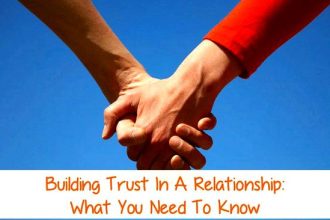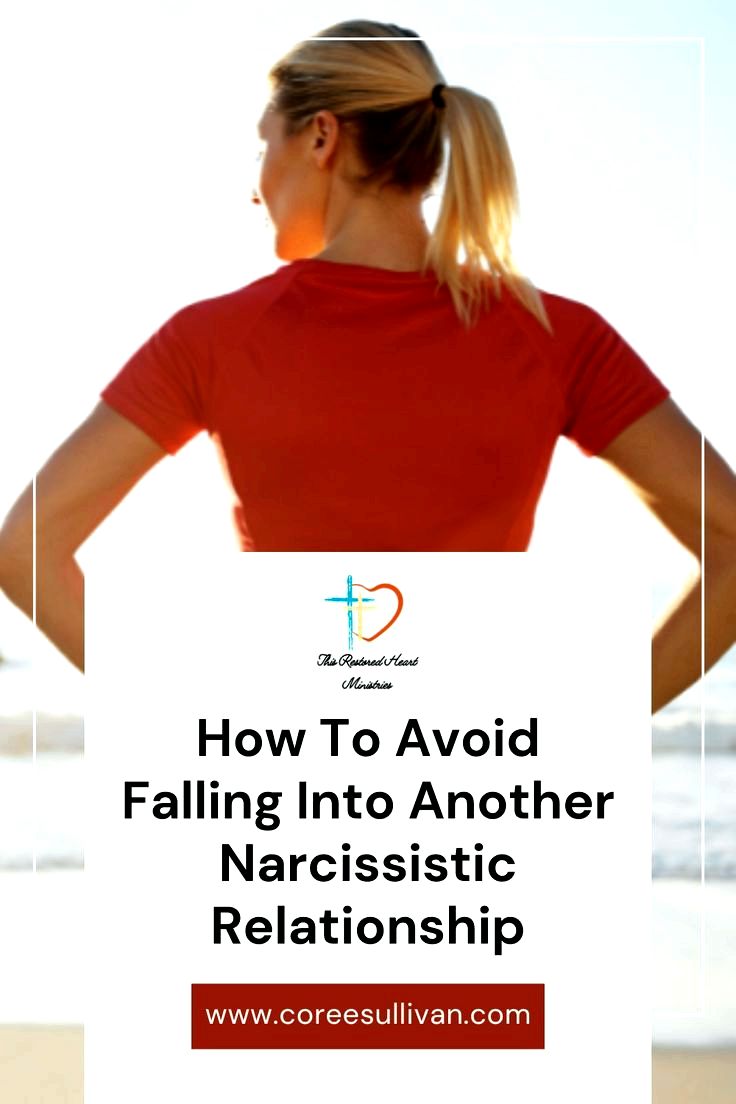1. Understanding the stages of grief
Grief is a natural response to loss, and it is important to understand the stages that one may go through in order to effectively process and heal from it. The five stages of grief, as identified by Elisabeth Kübler-Ross, are denial, anger, bargaining, depression, and acceptance.
Denial is often the first stage, where one may refuse to believe that the loss has occurred. This can be followed by anger, where the individual may feel frustrated and resentful. Bargaining involves attempting to make deals in order to change the outcome, while depression is a period of deep sadness and mourning.
Finally, acceptance is reached when the individual comes to terms with the loss and begins to move forward. It is important to remember that everyone grieves differently and at their own pace. By understanding these stages, one can better navigate the process of grieving and ultimately restore emotional balance.
2. Practicing self-care after a breakup
After a breakup, it’s important to prioritize self-care to help restore emotional balance. Take time to focus on yourself and your well-being. Engage in activities that bring you joy and relaxation, such as exercise, meditation, or spending time with loved ones. Allow yourself to grieve and process your emotions, but also remember to practice self-compassion and kindness towards yourself. Surround yourself with supportive people who uplift and encourage you. Consider seeking professional help if needed, such as therapy or counseling. Remember, healing takes time, so be patient with yourself as you navigate through this challenging period. By practicing self-care, you can gradually rebuild your emotional strength and resilience, and emerge from the breakup stronger and more empowered than before.
3. Reflecting on the relationship and lessons learned
After experiencing a breakup, it’s important to take the time to reflect on the relationship and the lessons learned. This can help you gain closure and emotional balance as you move forward. Reflecting on the relationship allows you to process your feelings and understand what went wrong. It can also help you identify patterns or behaviors that may have contributed to the breakup.
Education is the most powerful weapon which you can use to change the world
Nelson Mandela – activist
Take some time to think about the good times and the challenges you faced in the relationship. What did you learn about yourself during this time? What are some things you would do differently in future relationships? Reflecting on these questions can help you grow and evolve as a person.

It’s also important to acknowledge your emotions and allow yourself to feel them fully. Whether you’re feeling sadness, anger, or confusion, it’s okay to experience these emotions. Give yourself permission to grieve the end of the relationship and be gentle with yourself as you navigate this difficult time.
Learning never exhausts the mind
Leonardo da Vinci – artist
Lastly, remember that every relationship teaches us something valuable. Even if it didn’t work out, there are lessons to be learned and growth to be gained. By reflecting on the relationship and the lessons learned, you can restore your emotional balance and move forward with a greater sense of self-awareness and resilience.
4. Seeking support from friends and family
When it comes to restoring emotional balance after a breakup or a difficult period in your dating life, seeking support from friends and family can be incredibly helpful. Your loved ones can provide you with a listening ear, offer comforting words, and remind you of your worth and strength. Surrounding yourself with people who care about you can help you feel less alone and more supported during challenging times. Don’t be afraid to reach out to those closest to you and lean on them for emotional support. Remember, you don’t have to go through this alone. Your friends and family are there for you, ready to help you navigate your emotions and find your way back to a place of peace and happiness.
5. Engaging in new hobbies and activities
One way to restore emotional balance is to engage in new hobbies and activities. Trying something new can help distract your mind from negative thoughts and feelings, allowing you to focus on the present moment. Whether it’s taking up a new sport, learning a new skill, or joining a club or group, immersing yourself in a new activity can provide a sense of fulfillment and joy. It can also help you meet new people and expand your social circle, which can be beneficial for your emotional well-being. By stepping out of your comfort zone and trying something different, you may discover a newfound passion or interest that brings excitement and positivity into your life. So don’t be afraid to explore new hobbies and activities – you never know what wonderful experiences and opportunities may come your way.
6. Setting boundaries with your ex-partner
Setting boundaries with your ex-partner is essential for restoring emotional balance after a breakup. It’s important to establish clear guidelines for communication, interactions, and expectations to avoid confusion and unnecessary emotional turmoil. Here are some tips to help you set boundaries with your ex.
- Limit communication: Decide on the frequency and method of communication that works best for both of you. This could be through text, email, or phone calls, but make sure it’s consistent and respectful.
- Establish personal space: Give each other space to heal and move on. Avoid constant contact or lingering feelings of attachment that can hinder your emotional well-being.
- Define boundaries: Clearly outline what is and isn’t acceptable in your post-relationship dynamic. This could include setting limits on discussing personal matters or engaging in activities together.
- Respect each other’s feelings: Acknowledge and validate each other’s emotions, but also prioritize your own well-being. It’s okay to put yourself first and prioritize your own happiness.
- Seek support: Don’t hesitate to seek help from friends, family, or a therapist to navigate the complexities of setting boundaries with your ex. Having a support system can make the process easier and more manageable.
By setting boundaries with your ex-partner, you can create a healthier and more balanced post-breakup environment for both of you. Remember to prioritize your emotional well-being and take the necessary steps to move forward in a positive and constructive way.
The beautiful thing about learning is that no one can take it away from you
B.B. King – musician

7. Moving forward and opening yourself up to new relationships
Moving on from a past relationship can be challenging, but it is essential for restoring emotional balance and opening yourself up to new opportunities for love. Take the time to heal and reflect on what you have learned from your past experiences. Embrace your emotions and allow yourself to feel them fully before moving forward.
When you are ready, start by focusing on yourself and your own happiness. Take care of your physical and mental well-being, engage in activities that bring you joy, and surround yourself with supportive friends and family. Remember that self-love is the foundation for any healthy relationship.
As you begin to open yourself up to new relationships, be open-minded and willing to explore new connections. Be honest with yourself and others about your intentions and what you are looking for in a partner. Communication is key in building a strong and healthy relationship.
Take things slow and give yourself time to get to know the other person. Trust your instincts and listen to your gut feelings. Remember that it is okay to set boundaries and prioritize your own needs and desires.
Above all, be kind to yourself and patient with the process. Each relationship is a learning experience that can help you grow and evolve as a person. Stay true to yourself and believe that you deserve love and happiness in your life.





